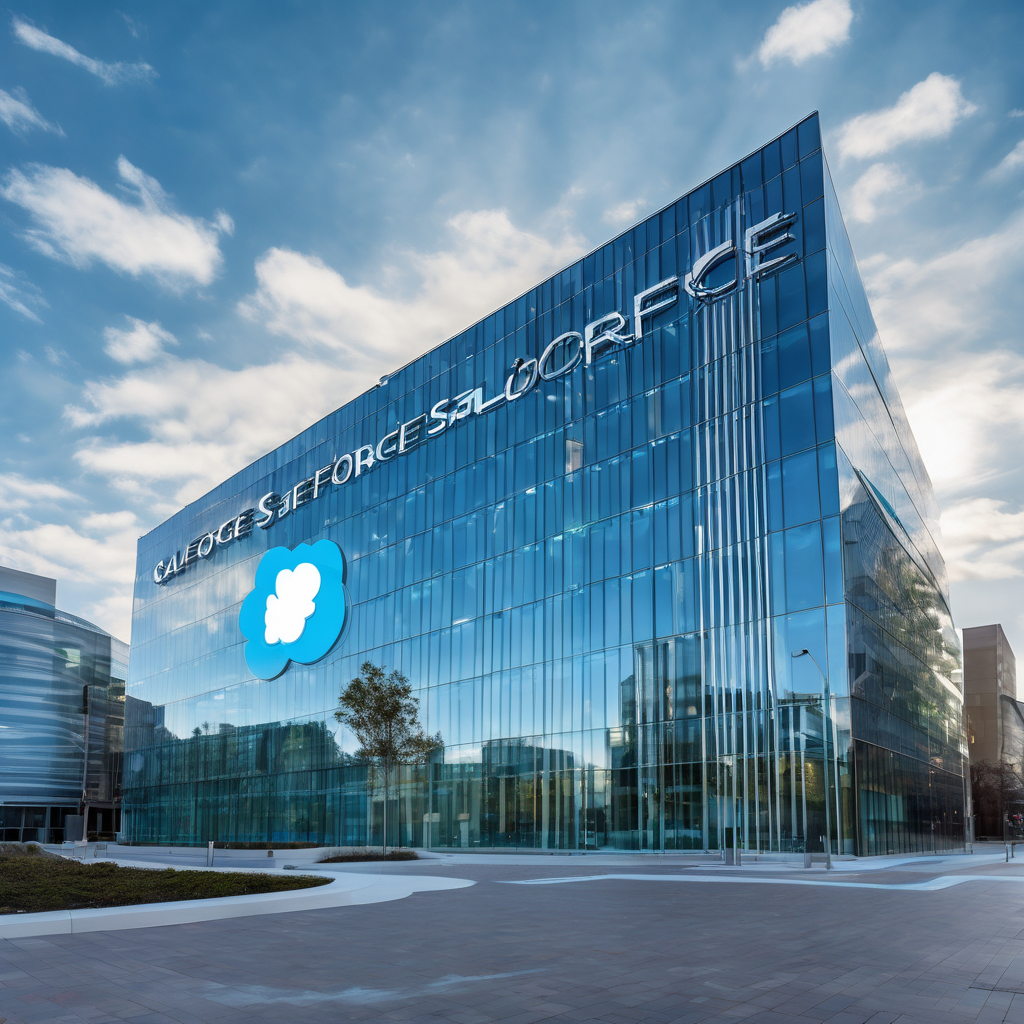
Flint, a pioneering startup, is set to transform the digital landscape by launching a platform for autonomous websites that generate and optimize content entirely without human input. Unlike conventional websites—which tend to be static or require continual manual updates—Flint treats websites as “autonomous agents” that dynamically evolve and adapt in real time to maintain relevance and engagement. This cutting-edge technology is already live, powering websites for prominent companies like Cognition, Modal, and Graphite. These clients benefit from Flint’s seamless creation of diverse online assets such as advertising landing pages, SEO content, and comparison pages. The process is remarkably simple: clients provide a content brief and their website URL, and Flint autonomously interprets the brand’s design language and aesthetic, then publishes fresh, tailored content directly on the client’s domain. Flint’s platform represents a major advance in website automation by harnessing advanced AI to not only automate updates but fully own content creation and deployment. This reflects a broader industry trend toward AI handling complex creative tasks formerly managed by teams of designers, marketers, and SEO specialists. To support its ambitious goals, Flint has secured $5 million in seed funding from notable investors, including Accel, Sheryl Sandberg’s venture fund, and Neo—each with strong backgrounds in technology and AI-driven companies. The capital will be used to enhance Flint’s AI and design engineering capabilities, refining its capacity to autonomously produce sophisticated, brand-consistent content. Looking forward, Flint envisions websites that far exceed static pages by detecting competitor activity in real time and swiftly revising content to maintain competitive edges. These autonomous sites will also personalize content based on visitor behavior, improving user experience and engagement.
Additionally, Flint plans to integrate AI agents for intelligent customer service, personalized marketing, and dynamic content delivery, pushing the boundaries of interactive digital experiences. However, Flint’s autonomous website technology raises important questions within the digital community. Transparency emerges as a key concern since fully automated content creation may obscure who controls messaging and what criteria guide updates. Both users and clients must confront the loss of direct human oversight, which typically ensures quality and appropriateness. Furthermore, when algorithms steer content independently, the risk arises that subtle shifts in tone or messaging could stray from the brand’s ethos without immediate detection. Compatibility with search engines like Google is another challenge, as evolving algorithms penalize low-quality or manipulative content; autonomous sites risk creating content that could be flagged as spam or deemed less authoritative, potentially harming search rankings and visibility. The launch of Flint’s autonomous platform thus ignites a broader debate about the future of website design, content creation, and online marketing in the AI age. It challenges traditional notions of human creativity and control, signaling a shift toward a more automated, responsive, and intelligent web presence. As organizations prioritize efficiency and agility in digital marketing, Flint’s model could serve as a template for next-generation websites. Yet, balancing innovation with transparency, ethical considerations, and technical standards is crucial to ensuring these autonomous agents effectively serve both businesses and consumers. In sum, Flint stands at the forefront of a technological evolution poised to redefine website construction, maintenance, and user experience. Backed by significant funding and proven deployments, it aims to lead the integration of AI-driven automation within the digital ecosystem while prompting necessary discussions about the implications of this transformative technology.
Flint Launches AI-Powered Autonomous Website Platform Transforming Digital Content Creation


The integration of Artificial Intelligence (AI) into video surveillance systems is ushering in a new era of security improvements that greatly enhance the effectiveness and efficiency of monitoring solutions.

Apple’s latest flagship smartphone, the iPhone 17 Pro Max, launched in September 2025, is experiencing exceptional success in the U.S., defying the broader slowdown in consumer electronics and setting new standards for premium device adoption.

Salesforce has made a major advancement in IT service management (ITSM) by launching an innovative agentic AI platform that integrates IT workflows, customer relationship management (CRM), and automation.

For many enterprise companies, AI remains either an unfulfilled promise or a notable security risk.

MarketOwl AI has introduced an innovative service aimed at revolutionizing marketing strategies for small and medium-sized businesses by offering a suite of autonomous virtual agents that collectively replace traditional marketing departments.

Examining AI ‘hallucinations’ and Sunday’s Gaza blasts Thomas Copeland, BBC Verify Live journalist As we prepare to close this live coverage, here's a summary of today's key stories

The challenge marketers face today is harnessing AI’s potential without compromising sustainability goals—a question we at Brandtech have been exploring with clients and industry peers.
Automate Marketing, Sales, SMM & SEO

and get clients on autopilot — from social media and search engines. No ads needed
and get clients today